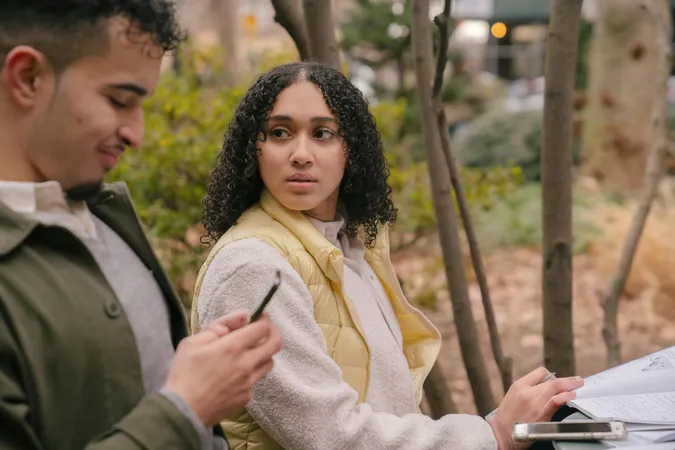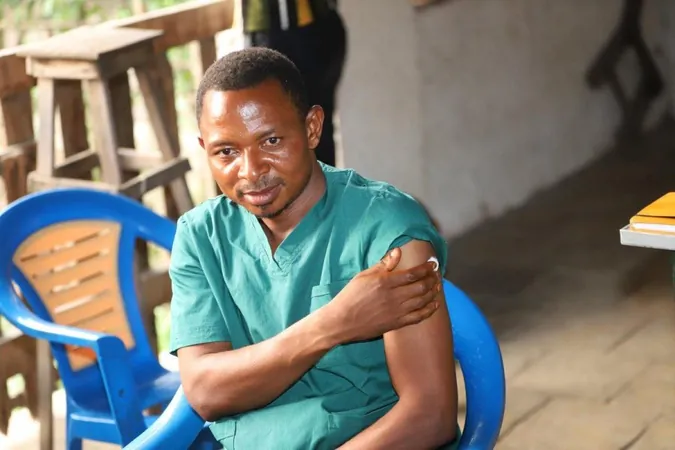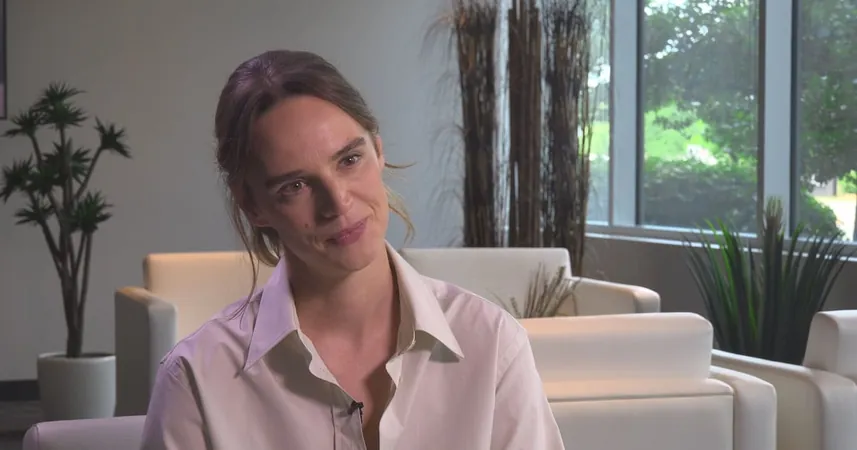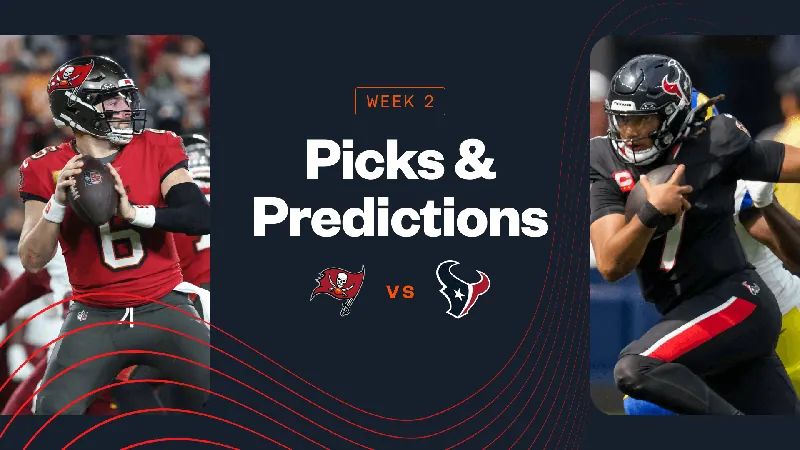
Unmasking Gaslighting: A Shocking New Model Reveals How Manipulators Hijack Your Reality
2025-09-15
Author: William
The Hidden Danger of Gaslighting
Could you be a victim of gaslighting without even realizing it? A groundbreaking study from researchers at McGill University reveals that gaslighting—a form of psychological manipulation—can happen to anyone who puts their trust in the wrong person. In a world where trust is paramount, especially in close relationships, this new research sheds light on the complex dynamics at play.
A Revolutionary Understanding of Manipulation
Lead researcher Willis Klein, a Ph.D. candidate in Psychology, collaborated with experts from the University of Toronto to develop an innovative theoretical model. This model aims to explain why and how gaslighters are able to instill doubt in their victims’ perceptions of reality over time.
Despite its prevalence in modern discussions, the phenomenon of gaslighting has been largely overlooked in scientific studies. Klein emphasizes that previous research has mainly approached gaslighting from a psychodynamic perspective, a viewpoint that is losing traction in North American psychology today.
Gaslighting as a Learning Experience
Klein’s paper, titled "A Theoretical Framework for Studying the Phenomenon of Gaslighting," posits that gaslighting can be likened to a learning process. The researchers introduce the concept of Prediction Error Minimization (PEM), wherein the mind constantly updates its understanding of the environment based on new information. Essentially, when someone experiences unexpected treatment from a trusted individual, it distorts their expectations and begins a cycle of confusion and doubt.
According to Klein, when gaslighters deviate from expected behavior, they utilize that surprise to reshape their target's learning process. "They suggest that the cause of your confusion lies within your own grasp of reality, leading you to feel 'epistemically incompetent'—uncertain about what’s real and what isn't," he explains.
Anyone Can Fall Victim: Understanding Trust
What makes this model even more chilling is its implication: gaslighting can happen to anyone. Klein points out that there isn’t necessarily any single characteristic that makes a person more vulnerable; it simply requires trusting the wrong individual. This reality check highlights our inherent dependency on close relationships to shape our understanding of who we are and how the world operates.
However, Klein also speculates that future research may uncover how personal traits—such as specific attachment styles or histories of trauma—could influence a person's susceptibility to gaslighting.
Hope for Victims
As awareness grows, Klein hopes that further studies will not only validate this model but also lead to better resources and support for those affected by gaslighting. Understanding this issue may empower individuals to reclaim their sense of reality and confront manipulative relationships more effectively.
In a society where emotional manipulation can masquerade as love or care, recognizing the cues of gaslighting is more essential than ever. There’s no time like the present to safeguard your mind and trust your instincts.









 Brasil (PT)
Brasil (PT)
 Canada (EN)
Canada (EN)
 Chile (ES)
Chile (ES)
 Česko (CS)
Česko (CS)
 대한민국 (KO)
대한민국 (KO)
 España (ES)
España (ES)
 France (FR)
France (FR)
 Hong Kong (EN)
Hong Kong (EN)
 Italia (IT)
Italia (IT)
 日本 (JA)
日本 (JA)
 Magyarország (HU)
Magyarország (HU)
 Norge (NO)
Norge (NO)
 Polska (PL)
Polska (PL)
 Schweiz (DE)
Schweiz (DE)
 Singapore (EN)
Singapore (EN)
 Sverige (SV)
Sverige (SV)
 Suomi (FI)
Suomi (FI)
 Türkiye (TR)
Türkiye (TR)
 الإمارات العربية المتحدة (AR)
الإمارات العربية المتحدة (AR)